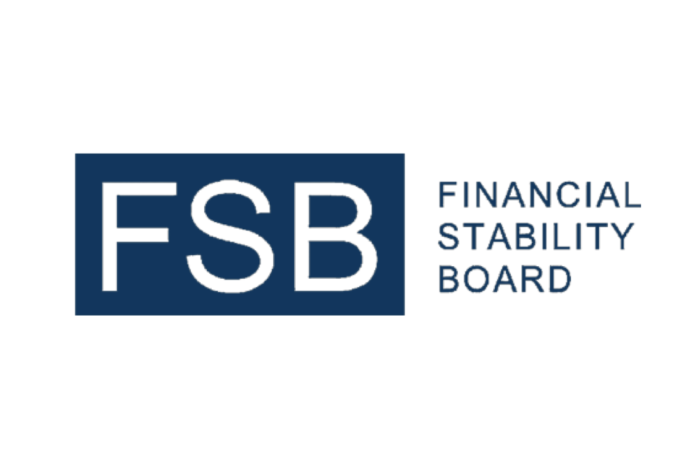
Decoding Kraken’s SEC Challenge
The Securities and Exchange Commission (SEC) has once again cast a critical eye on the crypto sphere, this time targeting Payward Inc. and Payward Ventures Inc., collectively known as Kraken. The SEC alleges that Kraken has been operating its crypto trading platform as an unregistered securities exchange, broker, dealer, and clearing agency since at least September 2018. This latest development comes in the wake of Kraken’s $30 million settlement with the SEC earlier this year, raising questions about regulatory compliance and the evolving role of the SEC in the crypto space.
Allegations Unveiled by the SEC
The SEC’s complaint paints a picture of Kraken’s operations that allegedly intertwines the functions of an exchange, broker, dealer, and clearing agency without the necessary registrations. Kraken is accused of facilitating the buying and selling of crypto asset securities, amassing hundreds of millions of dollars in the process. The SEC contends that Kraken’s failure to register these functions has left investors without essential protections, including SEC inspection, mandatory recordkeeping, and safeguards against conflicts of interest.
The SEC’s laundry list of Kraken’s alleged activities includes providing a marketplace akin to an exchange, executing securities transactions for customers as a broker, trading securities for its own account as a dealer, and acting as an intermediary in settling transactions as a clearing agency. The SEC further claims that Kraken’s internal controls and recordkeeping practices pose significant risks to its customers. Allegations of commingling customer funds with operational expenses and crypto assets with Kraken’s own are cited as potential threats to investor funds.
Kraken’s Response and Legal Standoff
Kraken, however, is not taking these allegations lying down. A spokesperson for the exchange vehemently disagreed with the SEC’s complaint, emphasizing Kraken’s intention to defend itself in court. The spokesperson expressed disappointment in the SEC’s approach, characterizing it as a continuation of “regulation by enforcement,” a practice Kraken believes harms consumers, stifles innovation, and damages U.S. competitiveness on the global stage.
In a blog post following the SEC’s legal action, Kraken addressed the accusation of commingling funds, asserting that it amounted to the exchange spending fees it had already earned. Kraken also highlighted that the SEC did not allege any missing user funds. This strategic response aligns with Kraken’s commitment to vigorously defending its position against the SEC’s charges.
SEC’s Regulatory Push and Industry Implications
This recent lawsuit against Kraken is part of a broader trend led by SEC Chair Gary Gensler, who aims to bring crypto assets under the regulatory purview. The SEC contends that crypto assets should be classified as securities contracts under U.S. law, a stance that has been a focal point in recent regulatory actions against major players in the crypto industry.
The SEC’s pursuit of legal action against Kraken echoes similar lawsuits filed against Coinbase and Binance earlier in the year, signaling a more assertive regulatory approach within the crypto space. The outcome of these cases could significantly impact the regulatory landscape for crypto exchanges and set precedents for future enforcement actions.
Conclusion: Navigating the Regulatory Crossroads
As the legal battle unfolds between Kraken and the SEC, the crypto industry finds itself at a crucial crossroads. The outcome of this case will likely shape how regulators approach the complex and dynamic world of digital assets. As regulatory scrutiny intensifies, crypto firms must navigate a landscape that demands compliance with securities laws, investor protection, and adherence to regulatory oversight. The SEC’s charges against Kraken underscore the importance of clarity, collaboration, and proactive compliance within the rapidly evolving fintech and crypto space.





